Treating diabetic retinopathy Treating diabetic retinopathy is a critical aspect of preserving vision and maintaining the overall quality of life […]

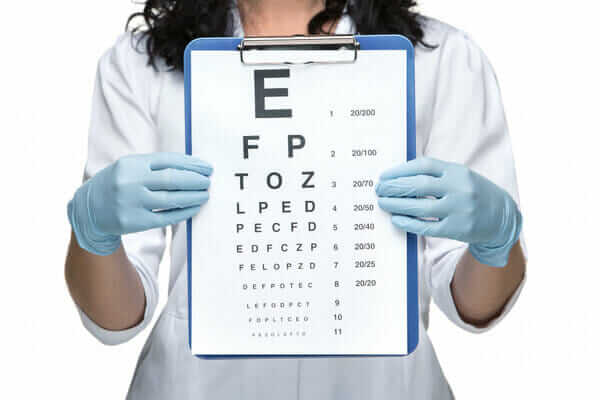
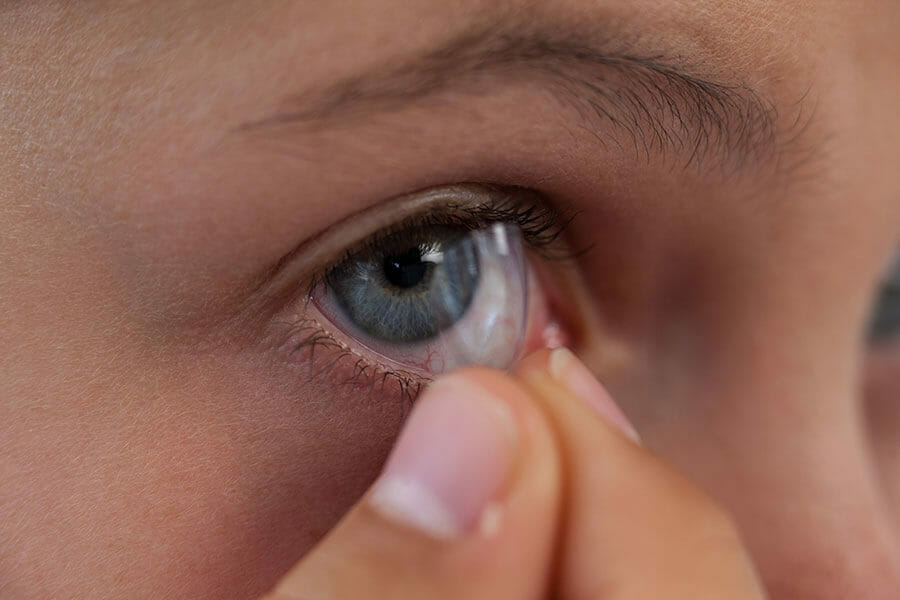
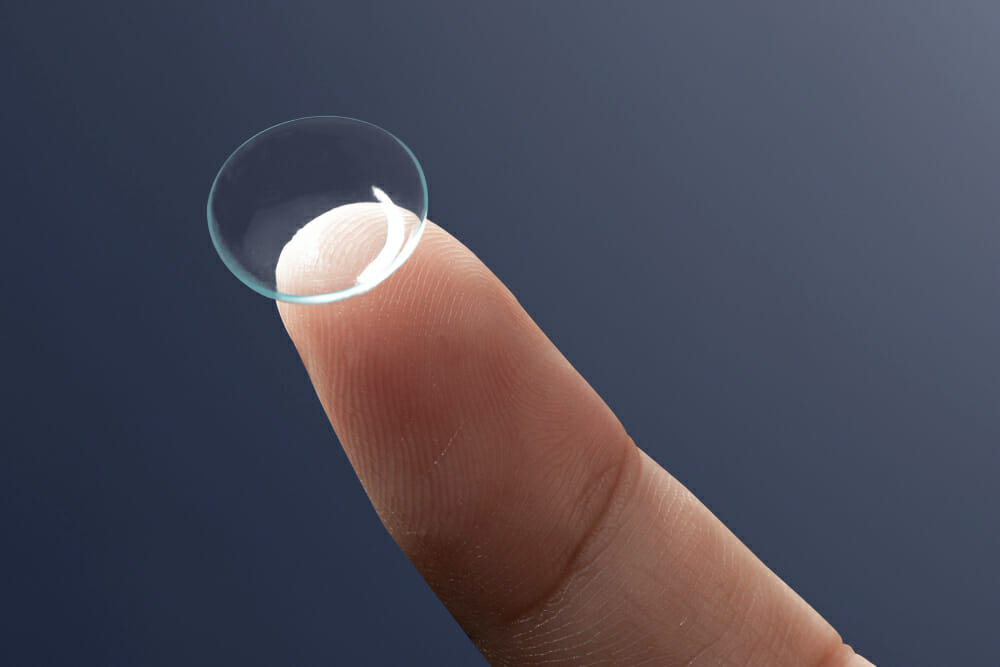


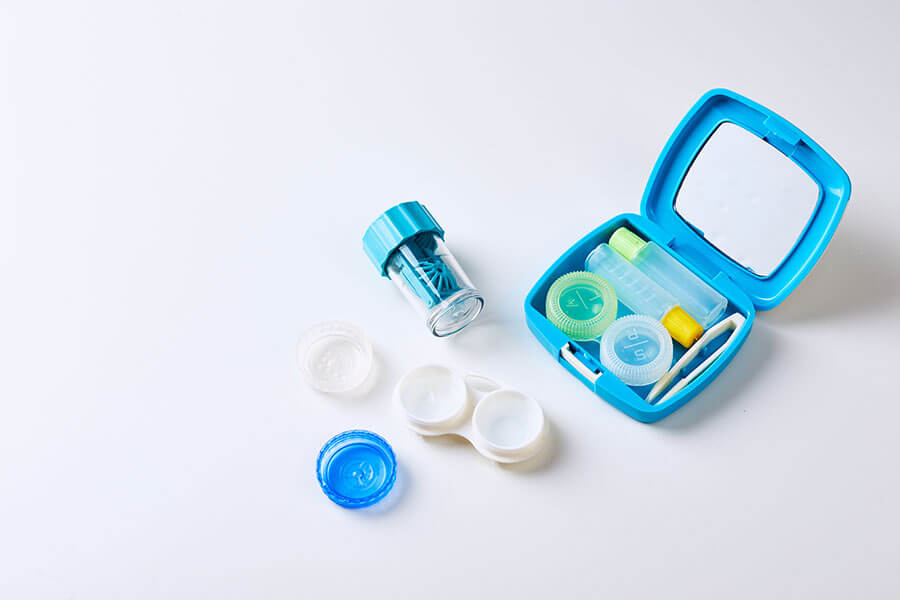
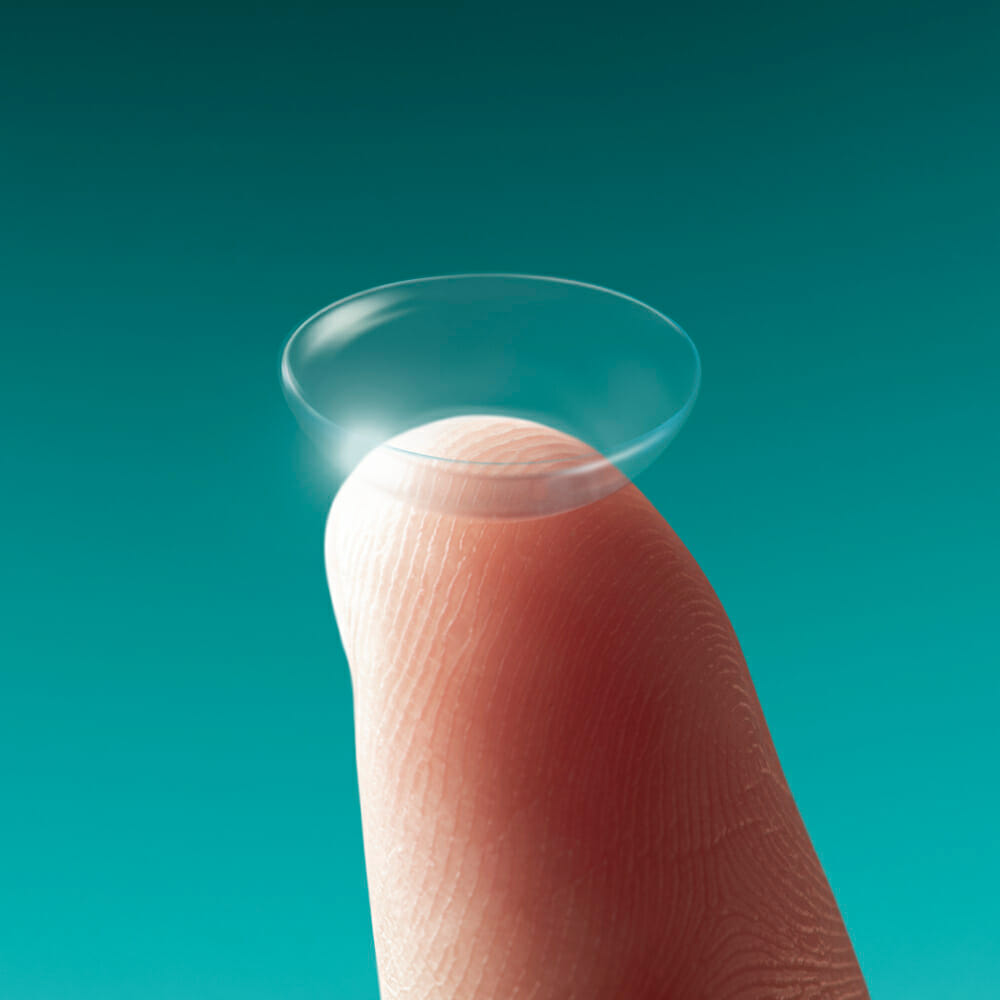
At Amplify with Dr Wernick I was seeking help for seemingly intractable, probably age-related dryness. I've seen other doctors about it, and that has been helpful, but what he explained to me about it and the careful way he answered all my questions gave me so much more of a clear understanding of what is going on (and is not) that I am more able to implement all his and others' recommendations than I was before. And he gave me additional resources for further follow-up. I am most grateful.
Wow! This is a great Eye Care medical facility. I was thoroughly examined by Dr. Pinkhasov for over 2 hours. She made sure to check my eyes for pretty much everything and patiently explained proper care for my eyes. They definitely know how to provide great care and treat their patients right. Now I know why they have such a great reputation and been around for so long.
Dr. Kavner is a gifted diagnostician and orthoptic therapist. He treated me several decades ago for a condition similar to dyslexia. I was having migraines five times per week. I worked with him for about a year and I experienced tremendous improvement (down to 3-4 per year) that has lasted.
Dr. Kavner recommended two types of eye therapy for my daughter. One of them using bio-feedback. In just three sessions she is seeing considerably better. She shouted this morning: Ooh my God! I could not see these letters with my glasses on, and now I can see them without my glasses. If you are willing and able to invest in improving your vision, this is a good place to go to!
Dr. Kavner recommended two types of eye therapy for my daughter. One of them using bio-feedback. In just three sessions she is seeing considerably better. She shouted this morning: Ooh my God! I could not see these letters with my glasses on, and now I can see them without my glasses. If you are willing and able to invest in improving your vision, this is a good place to go to!
I have always found Dr Kavner's work, expertise and wisdom of the highest caliber. As one of the fathers of OT, occupational othomology, his depth and breadth of knowledge about the eyes' health and wellbeing of the patient is exemplary. Cannot say enough good things about him.

Treating diabetic retinopathy Treating diabetic retinopathy is a critical aspect of preserving vision and maintaining the overall quality of life […]

Myopia, also known as nearsightedness, is one of the most common vision problems people experience. In this blog post, we'll […]

As an optometrist at Amplify EyeCare Manhattan in New York, one of the most common questions Dr. Nathaniel Wernick often […]
Tuesday - Thursday
9:30am–5pm
Friday
9:30am–3pm
Saturday
9:30am–2pm
Sunday
Closed